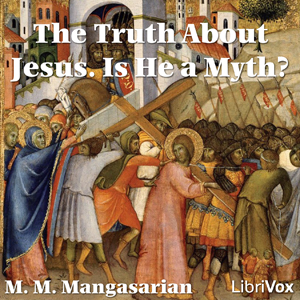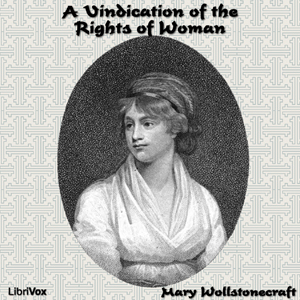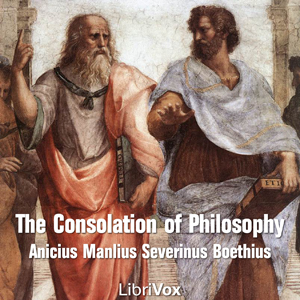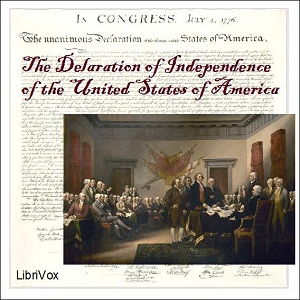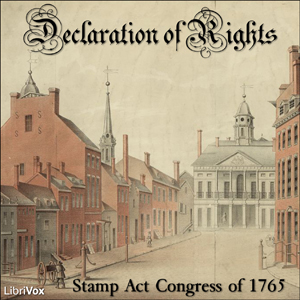- 01 - Argument
- 02 - Through the Fall and Revolt of Adam
- 03 - Man Now Deprived of Freedom of Will, pt 1
- 04 - Man Now Deprived of Freedom of Will, pt 2
- 05 - Man Now Deprived of Freedom of Will, pt 3
- 06 - Every Thing Proceeding from the Corrupt Nature, pt 1
- 07 - Every Thing Proceeding from the Corrupt Nature, pt 2
- 08 - How God Works in the Hearts of Men
- 09 - Arguments Usually Alleged in Support of Free Will, pt 1
- 10 - Arguments Usually Alleged in Support of Free Will, pt 2
- 11 - Redemption for Man Lost to Be Sought in Christ
- 12 - The Law Given, pt 1
- 13 - The Law Given, pt 2
- 14 - Exposition of the Moral Law, pt 1
- 15 - Exposition of the Moral Law, pt 2
- 16 - Exposition of the Moral Law, pt 3
- 17 - Exposition of the Moral Law, pt 4
- 18 - Exposition of the Moral Law, pt 5
- 19 - Christ, Though Known to the Jews Under the Law
- 20 - Resemblance Between the Old Testament and the New, pt 1
- 21 - Resemblance Between the Old Testament and the New, pt 2
- 22 - The Difference Between the Two Testaments
- 23 - Christ, to Perform the Office of Mediator
- 24 - Christ Clothed with the True Substance of Human Nature
- 25 - How Two Natures Constitute the Person of the Mediator
- 26 - Three Things Briefly to Be Regarded in Christ
- 27 - How Christ Performed the Office of Redeemer, pt 1
- 28 - How Christ Performed the Office of Redeemer, pt 2
- 29 - Christ Rightly and Properly Said to Have Merited
Institutes of the Christian Religion is John Calvin's seminal work on Protestant systematic theology. Highly influential in the Western world and still widely read by theological students today, it was published in Latin in 1536 and in his native French in 1541, with the definitive editions appearing in 1559 (Latin) and in 1560 (French).
The book was written as an introductory textbook on the Protestant faith for those with some learning already and covered a broad range of theological topics from the doctrines of church and sacraments to justification by faith alone and Christian liberty, and it vigorously attacked the teachings of those Calvin considered unorthodox, particularly Roman Catholicism to which Calvin says he had been "strongly devoted" before his conversion to Protestantism. The over-arching theme of the book – and Calvin's greatest theological legacy – is the idea of God's total sovereignty, particularly in salvation and election.
The Institutes are a primary reference for the system of doctrine adopted by the Reformed churches, usually called Calvinism.
Book Two of the Institutes treats of the knowledge of God considered as a Redeemer in Christ, and showing man his falls conducts him to Christ the Mediator. (Summary from Wikipedia & preface)
Book 1 may be found here: LINK
Book 3 may be found here: LINK
Book 4 may be found here: LINK
The book was written as an introductory textbook on the Protestant faith for those with some learning already and covered a broad range of theological topics from the doctrines of church and sacraments to justification by faith alone and Christian liberty, and it vigorously attacked the teachings of those Calvin considered unorthodox, particularly Roman Catholicism to which Calvin says he had been "strongly devoted" before his conversion to Protestantism. The over-arching theme of the book – and Calvin's greatest theological legacy – is the idea of God's total sovereignty, particularly in salvation and election.
The Institutes are a primary reference for the system of doctrine adopted by the Reformed churches, usually called Calvinism.
Book Two of the Institutes treats of the knowledge of God considered as a Redeemer in Christ, and showing man his falls conducts him to Christ the Mediator. (Summary from Wikipedia & preface)
Book 1 may be found here: LINK
Book 3 may be found here: LINK
Book 4 may be found here: LINK
There are no reviews for this eBook.
There are no comments for this eBook.
You must log in to post a comment.
Log in



